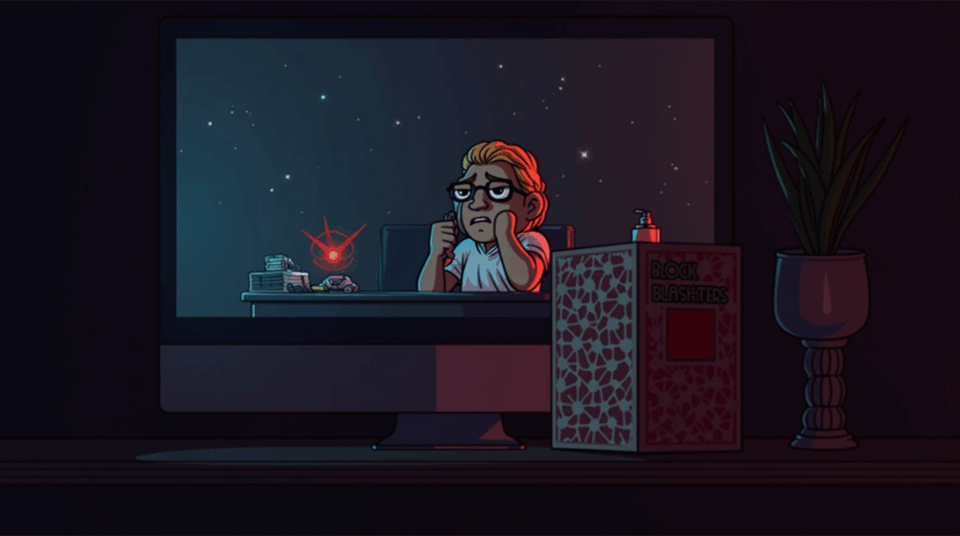The Latvian streamer Raivo “Rastaland” Plavnieks, who was raising funds for his stage 4 cancer treatment, had more than $31,000 in Solana (SOL) stolen this Sunday. The fund drain occurred live after Plavnieks downloaded a malicious game from the popular Steam platform, in an incident that exposes serious security risks for cryptocurrency users.
Key Details of the Security Incident
The attack was executed when a viewer of Plavnieks’s livestream suggested he download and play a verified game on Steam called “Block Blasters.” Moments after installing the game, the streamer watched as his Solana wallet was emptied, resulting in a total loss of $31,189. These funds came from creator fees generated by his “Help Me Beat Cancer” (CANCER) token on the Solana platform Pump.fun, intended to fund his medical treatment. Malware researcher vx-underground reported that the fraudulent game had infected approximately 907 devices, estimating around 400 total victims. Prominent crypto sleuth ZachXBT noted that this specific malware has stolen over $150,000 in total, harshly criticizing Valve, Steam’s parent company, for allowing such software to remain on its store for more than a month.
Context: Vulnerability in Crypto Fundraising
Raivo Plavnieks, a 26-year-old self-described crypto “degen,” was diagnosed in December with a rare stage 4 sarcoma. Facing high chemotherapy treatment costs, he turned to the Solana community by creating the CANCER token. The Pump.fun mechanic allowed him to receive a percentage of transactions, a novel funding method but one that directly exposed him to cybersecurity risks by managing a hot wallet during his streams. The incident highlights the growing sophistication of attackers, who now use legitimate and verified gaming platforms like Steam to distribute wallet-draining malware. Trust in the verification of a massive platform was the attack vector the hacker successfully exploited, taking advantage of the streamer’s real-time interaction with his audience.
Implications for the Solana Ecosystem and Security
While the price of Solana (SOL) is not affected by an isolated incident, this event has significant implications for user security within its ecosystem. It demonstrates the ease with which funds in “hot” wallets (connected to the internet) can be stolen. However, the reaction of the market and community was the most notable aspect. After the hack became known, the crypto community rallied in support. The CANCER token soared 3,000%, reaching a $2.5 million market cap, thereby generating new fees for the streamer. Furthermore, key figures responded directly. Influencer Alex Becker donated $32,500 to cover the entire loss, and other members of the Solana community sent additional donations. ZachXBT and other security researchers teamed up to track the attackers, demonstrating the community’s responsiveness.
Conclusion and the Community’s Response
This unfortunate hack quickly transformed into a demonstration of the crypto community’s strength. Although the attackers have reportedly remained unsympathetic and have not returned the stolen Solana funds, the collective support far exceeded the losses. Plavnieks reported that he has reported the incident to the police and has taken additional security measures, changing his reward wallet and replacing his computer’s hardware. The event leaves two clear lessons: the urgent need for platforms like Steam to improve their verification processes to eradicate crypto malware, and the resilience of the Solana community. Despite the vulnerability exploited, the supportive response was immediate, ensuring Plavnieks can continue his treatment.

